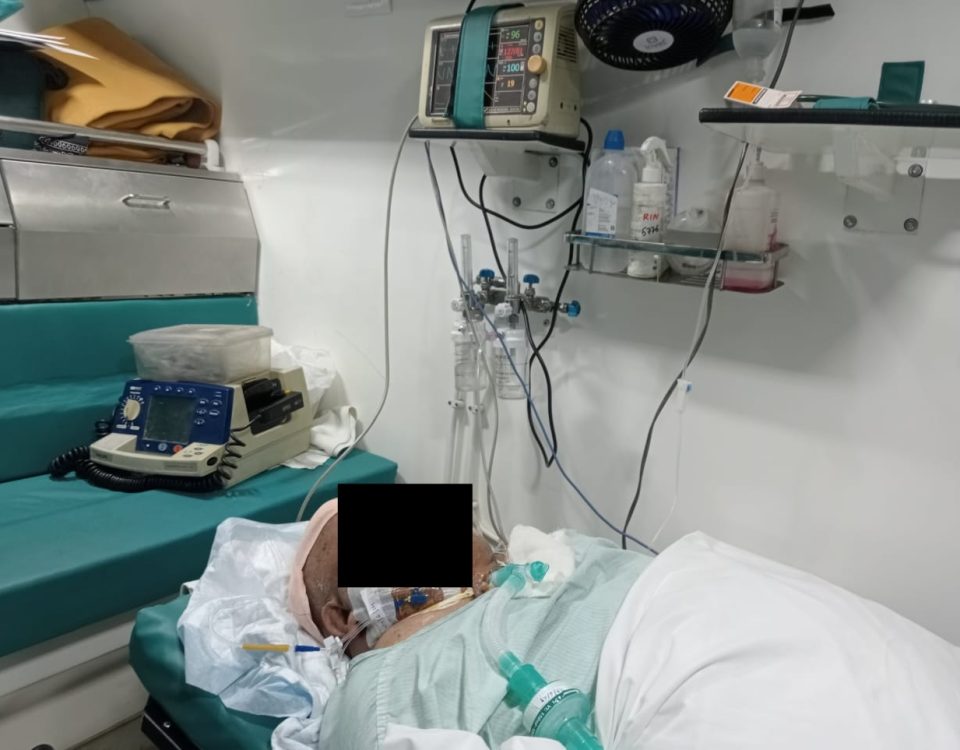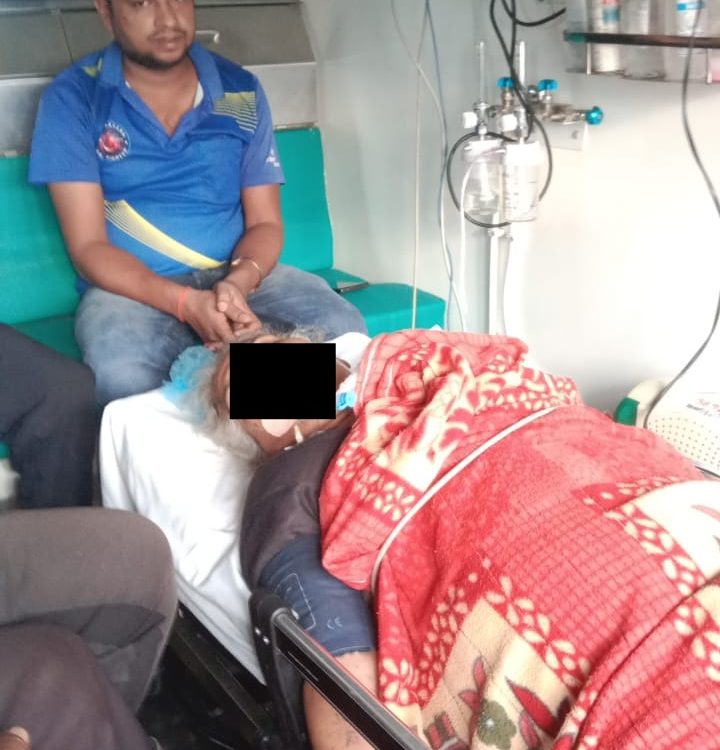Life Savers Care For You- Follow The Dos and Don’ts While Going Through Stroke

Your entire body’s well-being depends on the brain as it signals the different organs to work in sink. Having a stroke directly affects the brain. It happens as a result of a blood clot stopping the supply of blood to the brain or bursting of a vessel. In either case, having an emergency medical specialist by your side can be of great help. From the beginning of the symptoms, the condition can be unpredictable, and so you must call Life Savers advanced life-support ambulance without much ado if your loved one is experiencing a stroke.
Usually, people become unconscious, have slurred speech, confusions or collapse to one side due to muscles weakness when a stroke arrives. Until the emergency medical vehicle reaches your home, you can take the below steps to help your loved one during the tough time: -
1. Define the Word: Advanced medical vehicles are meant to be used for only those people who are in critical condition. To emphasize the severity of the condition, say your loved one is having a ‘stroke’ as soon as your call is received. After that, you can give the directions and explain the present stage of your dear one further. Record All Symptoms: As soon as you get the time to meditate on the situation, note down the signs you noticed while your loved one was taken ill. From the mild symptom that occurred early to ones which made it a medical emergency in your eyes, everything should be recorded. Make a mental note if you don’t have access to pen and paper. Also, recall if the patient has any other health issues. Stating it during your interaction with the doctors will help.
2. Enquire the Person: If your loved one is able to speak without any difficulty, ask them about the medical conditions they are suffering. Try to find the previous medical records. Note down any allergies they have along with the medications they have been taking.
3. Rest Position: Instead of sitting or standing, a person experiencing stroke should lie flat with the head elevated. This increases the blood flow towards the brain. In case your dear one collapses, do not change their position. To comfort them, eliminate tightening such as a belt that might it is difficult for them to breathe.
4. Perform CPR: In the worst situation, a person undergoing a stroke can become unconscious. The first step to take when a loved one passes out is checking their pulse. Don’t wait for a second if you can’t feel it. Start performing mouth-mouth rescue breathing followed by chest compressions. If you aren’t acquainted with CPR, ask the ambulance service representative how to perform one. They will definitely guide you well through the process.
5. Don’t Drive: A paramedic has the knowledge and tools to deal with the medical emergency and stabilize the patient, which you can’t do on the way. So, unless the hospital is just a few km from your home, don’t take your loved one there all by yourself.
6. Don’t Administrate any Medication: Only the right course of cure can treat a patient well. According to the type of stroke a patient is undergoing, the medications differ. Hence, self-administering is not a good idea. Conversely, instead of helping, you might worsen their condition by doing so.
7. No Intake of Food or Liquids: During a stroke, muscles in the body of the patient can weaken. There is a chance of their body getting paralyzed. In either case, consumption of liquids and eatable is not ideal. They might get clogged and choke your loved one’s nasal passage.
Conclusion: Being a spectator when a loved one is experiencing a stroke can be scary. Not panicking at that moment and staying calm is important to make sure you do your best to help them. Calling an advanced life-support ambulance is necessary when a stroke strike. Not making any delays in getting your loved one medical help is the only way out of the gruesome situation.



